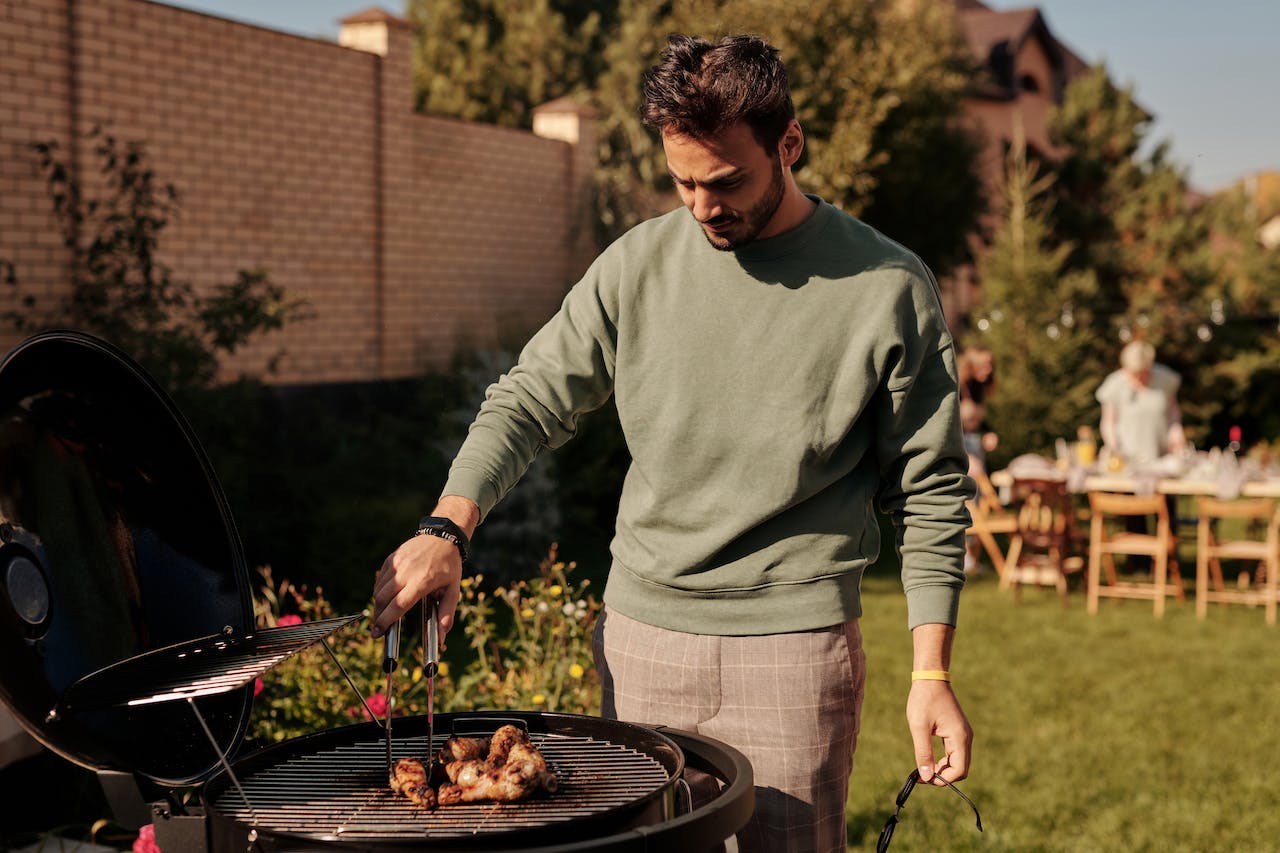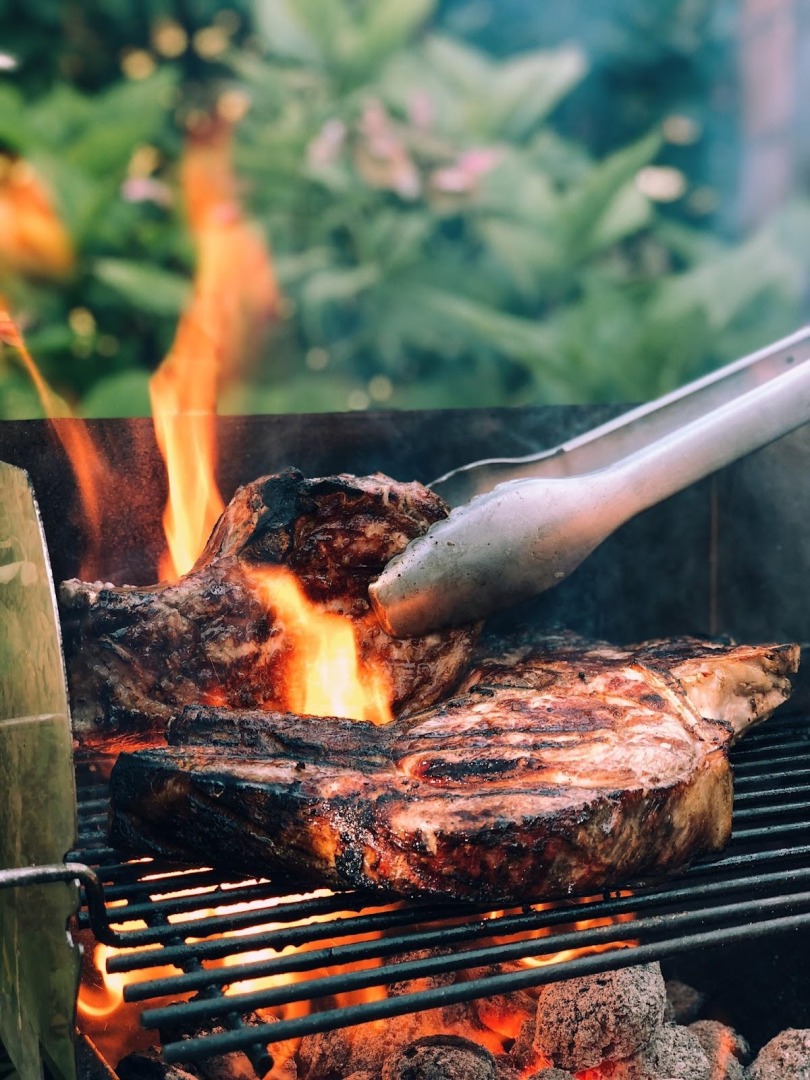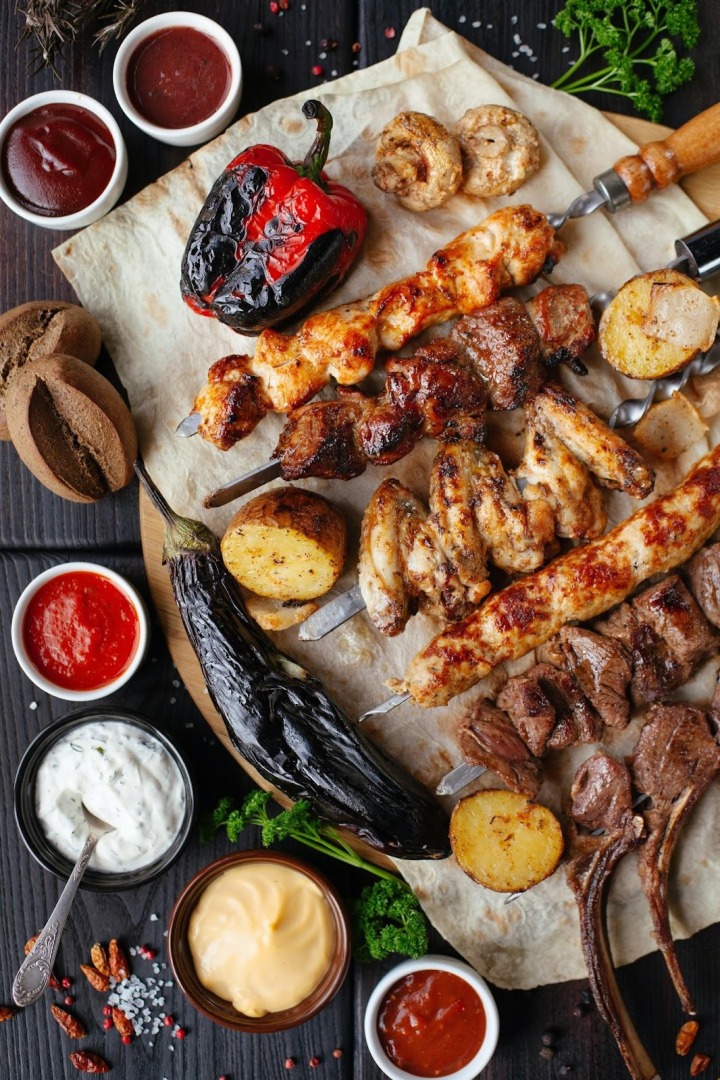Comments
- No comments found

Whether you are a seasoned griller or a barbecue beginner, choosing the right barbecue can elevate your outdoor cooking experience to a whole new level.
The perfect barbecue doesn't just rely on the quality of the meat or veggies you're grilling, but also on the equipment you're using. From the type of fuel it uses to its size, portability, and heat control, there are several factors to consider.
In this guide, we will delve into the top seven factors you should consider when choosing your next grill, ensuring you make a well-informed decision that meets your specific barbecue needs.

When it comes to choosing a barbecue, the type of fuel it uses is one of the most critical factors. Traditionally, barbecues use either charcoal or gas. Charcoal grills are known for giving food a distinct, smoky flavor that is hard to replicate with gas grills. They are also typically cheaper than gas grills. On the downside, charcoal grills take longer to heat up and require more effort to clean.
Gas grills, on the other hand, are easier to use and control. They heat up quickly and offer precise temperature control, which is essential for cooking delicate items like fish or vegetables. However, gas grills are generally more expensive than charcoal ones and do not impart the same smoky flavor to the food.
As folks using Meadow Creek BBQ smokers note, barbecue experts know that every succulent dish or juicy cut of meat starts with good ingredients and a good recipe, along with the right smoker. That's why many barbecue enthusiasts go for charcoal grills, as they believe the smoky flavor adds a unique touch to their dishes.
The size of your barbecue and its cooking area is another important factor to consider. If you usually cook for a small number of people or have limited outdoor space, a small to medium-sized grill may be sufficient. These grills are often more portable and easier to clean than their larger counterparts. On the other hand, if you regularly host large barbecues or have a spacious outdoor area, investing in a larger grill with an extensive cooking area would be beneficial.
If you plan to use your barbecue for camping trips or tailgating events, portability is a crucial factor. Portable grills are compact, and lightweight, and often come with features such as folding legs or carry handles for easy transportation.
However, portable grills typically have a smaller cooking area and may lack some features of larger models. If you primarily use your barbecue at home and occasionally take it on trips, consider a medium-sized grill with some portability features.
Heat control is essential for cooking a variety of foods perfectly. Look for a barbecue with adjustable vents or dampers, which allow you to control the temperature inside the grill. Some advanced models also have built-in thermometers for accurate temperature readings.
Keep in mind that heat control can be more challenging with charcoal grills, as they lack the precision controls found on gas models. However, with practice, you can learn to control the heat effectively on a charcoal grill by adjusting the amount of charcoal and its placement.
Regardless of the type of grill you choose, remember to preheat it before cooking to achieve the best results.
Consider the durability and maintenance requirements of the barbecue. Grills made from materials like stainless steel or cast iron are usually more durable and withstand harsh weather conditions. However, they are also more expensive.
You should also consider how easy the grill is to clean. Some grills have removable ash catchers or grease pans, which make cleaning up after cooking easier. Others may have porcelain-coated grates that are easier to clean and more resistant to sticking.
When choosing a barbecue, you'll also want to consider any additional features that enhance functionality or convenience. For instance, some grills include side tables, tool hooks, or even integrated lighting for night-time grilling. Others offer rotisserie kits for slow-roasting meats or smoker boxes for adding a smoky flavor to your dishes. These features can significantly enhance your grilling experience, but they also often come with a higher price tag.
Last but certainly not least, consider your budget. Barbecues can range dramatically in price, from affordable portable grills to high-end, feature-packed models. While it's tempting to go for the cheapest option, remember that a good-quality, durable grill can be a worthwhile investment in the long run. The key is to find a balance between quality and affordability. Consider the factors we’ve discussed above, and go for a grill that offers the best value for your money, considering your specific needs and circumstances.

In conclusion, choosing the perfect barbecue requires careful consideration of several factors, including fuel type, size, portability, heat control, durability, additional features, and cost. Ultimately, the right barbecue for you will depend on your personal preferences, cooking needs, lifestyle, and budget.
Remember that a good-quality grill can be a great investment, providing you with years of enjoyable outdoor cooking experiences. Take the time to research and compare different models before making a decision.
Leave your comments
Post comment as a guest